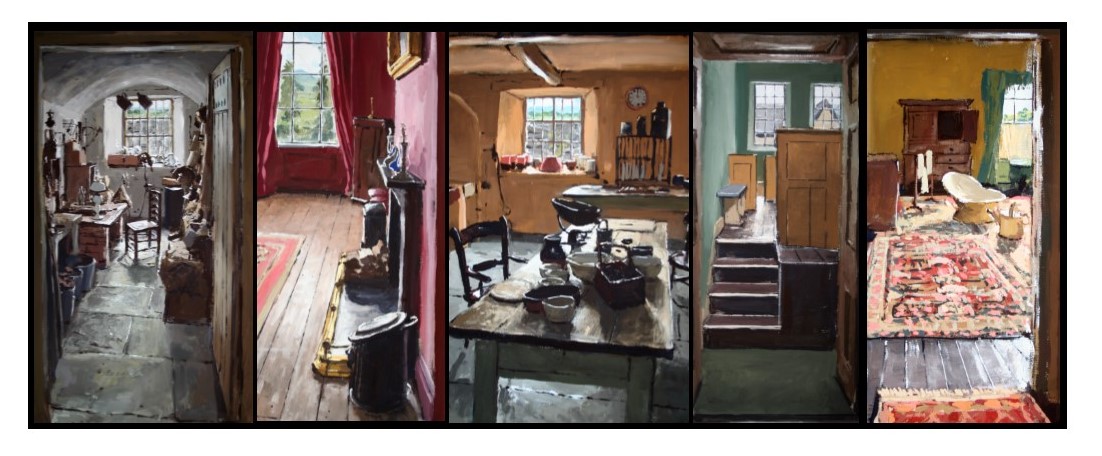The name given to the tight trousers worn by some Regency gentlemen, such as the notorious Beau Brummell and his ‘dandy’ followers, as they showed off their leg muscles.
Lawrence of Arabia charity shows support
PRESS RELEASE 9th May 2013
The Judge’s Lodging in Presteigne has received a wonderful surprise. The Seven Pillars or Wisdom charitable trust has shown its support for the work of the museum in preserving the building and its past in a very complimentary letter and donation towards the museum’s work of £500.
The charitable trust was set upon the death of T E Lawrence, to distribute the royalties received from his famous writings. Born in 1888 in North Wales, Lawrence worked as a British intelligence officer during WWI and was instrumental in mobilising the Arab Revolt against the Ottoman Turks in 1917-18, earning him the title by which he is often best known, Lawrence of Arabia.
Seven Pillars of Wisdom was his autobiographical account of his experiences. It was originally published in a small run for a subscription-only audience in 1926, but on Lawrence’s untimely death in a motorcycle accident in 1935, the book was made widely available. His brother Arnold set up a Trust to distribute the royalties from the book to good works in his brother’s name. And that is what the Seven Pillars of Wisdom Trust still does. True to its founding principles, it awards grants for archaeological, environmental and other academic projects that the Trustees feel worthy.
The letter to The Judge’s Lodging admits that Trustees had anonymously visited last year and were so impressed by the building, it’s work and the friendliness of its staff that they felt they wanted to show their support for its future. Gaby Rivers, The Judge’s Lodging’s Curator says ‘We are very moved by their support of us. Their kindness towards our work and comments about our friendliness are very touching. We are proud to have received a donation from an organisation associated with such a great man.’
Find out more about T E Lawrence here
